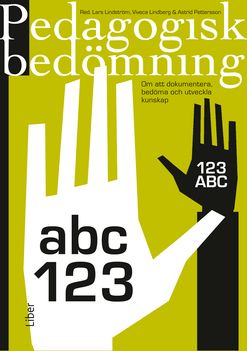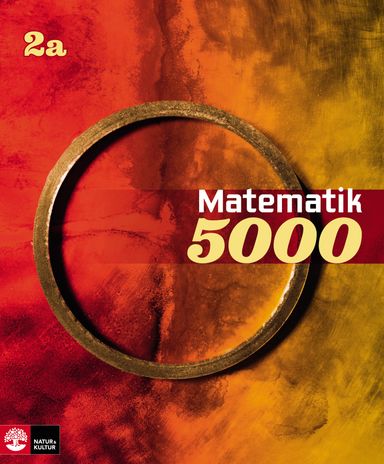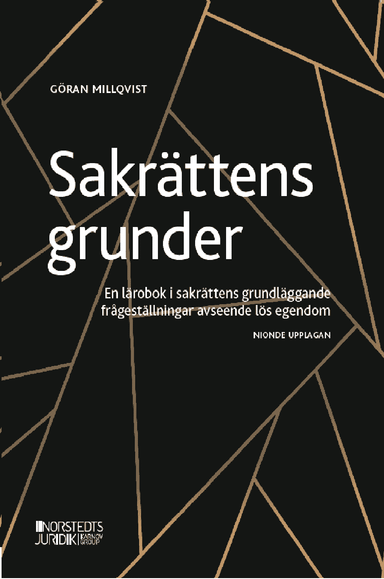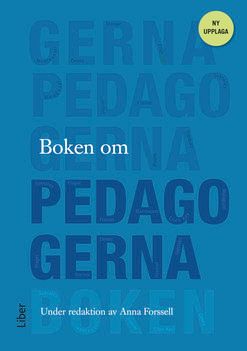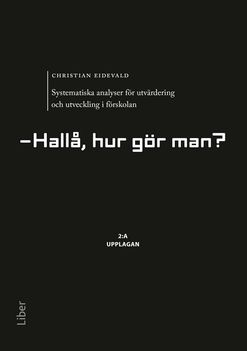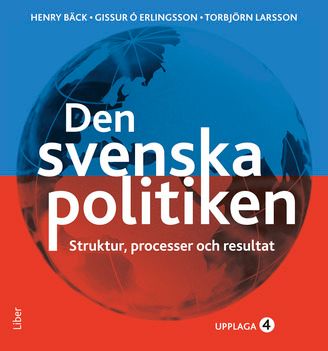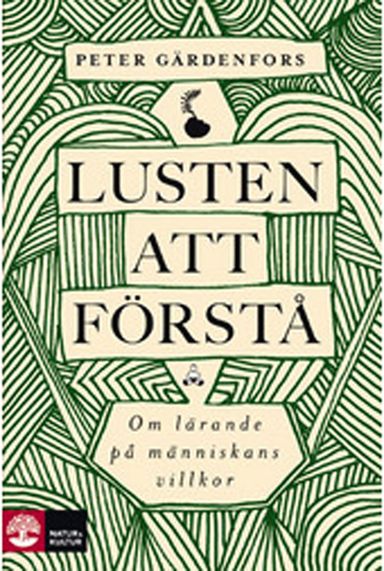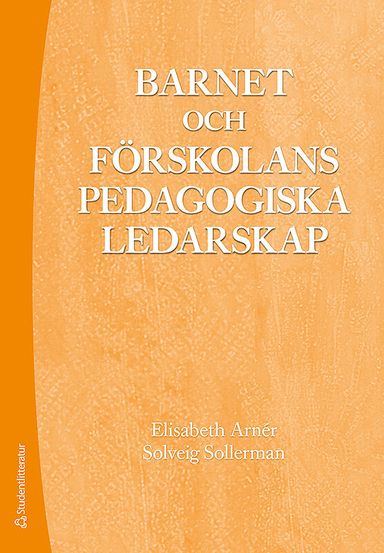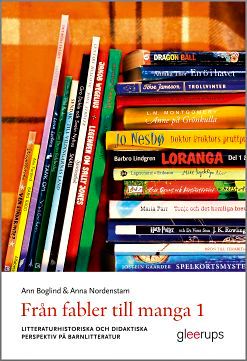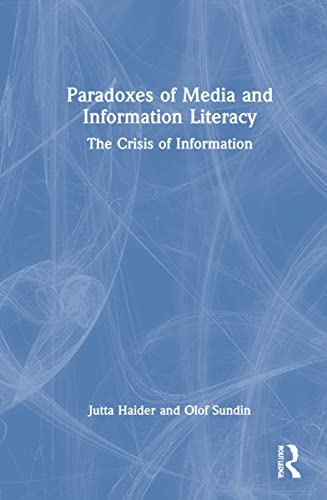

Paradoxes of Media and Information Literacy
- Utgiven: 2022
- ISBN: 9780367756215
- Sidor: 160 st
- Förlag: Routledge
- Format: Inbunden
- Språk: Engelska
Om boken
Paradoxes of Media and Information Literacy contributes to ongoing conversations about control of knowledge and different ways of knowing. It does so by analysing why media and information literacy (MIL) is proposed as a solution for addressing the current information crisis. Questioning why MIL is commonly believed to wield such power, the book throws into sharp relief several paradoxes that are built into common understandings of such literacies. Haider and Sundin take the reader on a journey across different fields of practice, research and policymaking, including librarianship, information studies, teaching and journalism, media and communication and the educational sciences. The authors also consider national information policy proposals and the recommendations of NGOs or international bodies, such as UNESCO and the OECD. Showing that MIL plays an active role in contemporary controversies, such as those on climate change or vaccination, Haider and Sundin argue that such controversies challenge existing notions of fact and ignorance, trust and doubt, and our understanding of information access and information control. The book thus argues for the need to unpack and understand the contradictions forming around these notions in relation to MIL, rather than attempting to arrive at a single, comprehensive definition.
Paradoxes of Media and Information Literacy combines careful analytical and conceptual discussions with an in-depth understanding of information practices and of the contemporary information infrastructure. It is essential reading for scholars and students engaged in library and information studies, media and communication, journalism studies and the educational sciences.
Åtkomstkoder och digitalt tilläggsmaterial garanteras inte med begagnade böcker
Mer om Paradoxes of Media and Information Literacy (2022)
I april 2022 släpptes boken Paradoxes of Media and Information Literacy skriven av Jutta Haider, Olof Sundin. Den är skriven på engelska och består av 160 sidor. Förlaget bakom boken är Routledge.
Köp boken Paradoxes of Media and Information Literacy på Studentapan och spara pengar.
Referera till Paradoxes of Media and Information Literacy
Harvard
Haider, J. & Sundin, O. (2022). Paradoxes of Media and Information Literacy. Routledge.
Oxford
Haider, Jutta & Sundin, Olof, Paradoxes of Media and Information Literacy (Routledge, 2022).
APA
Haider, J., & Sundin, O. (2022). Paradoxes of Media and Information Literacy. Routledge.
Vancouver
Haider J, Sundin O. Paradoxes of Media and Information Literacy. Routledge; 2022.






